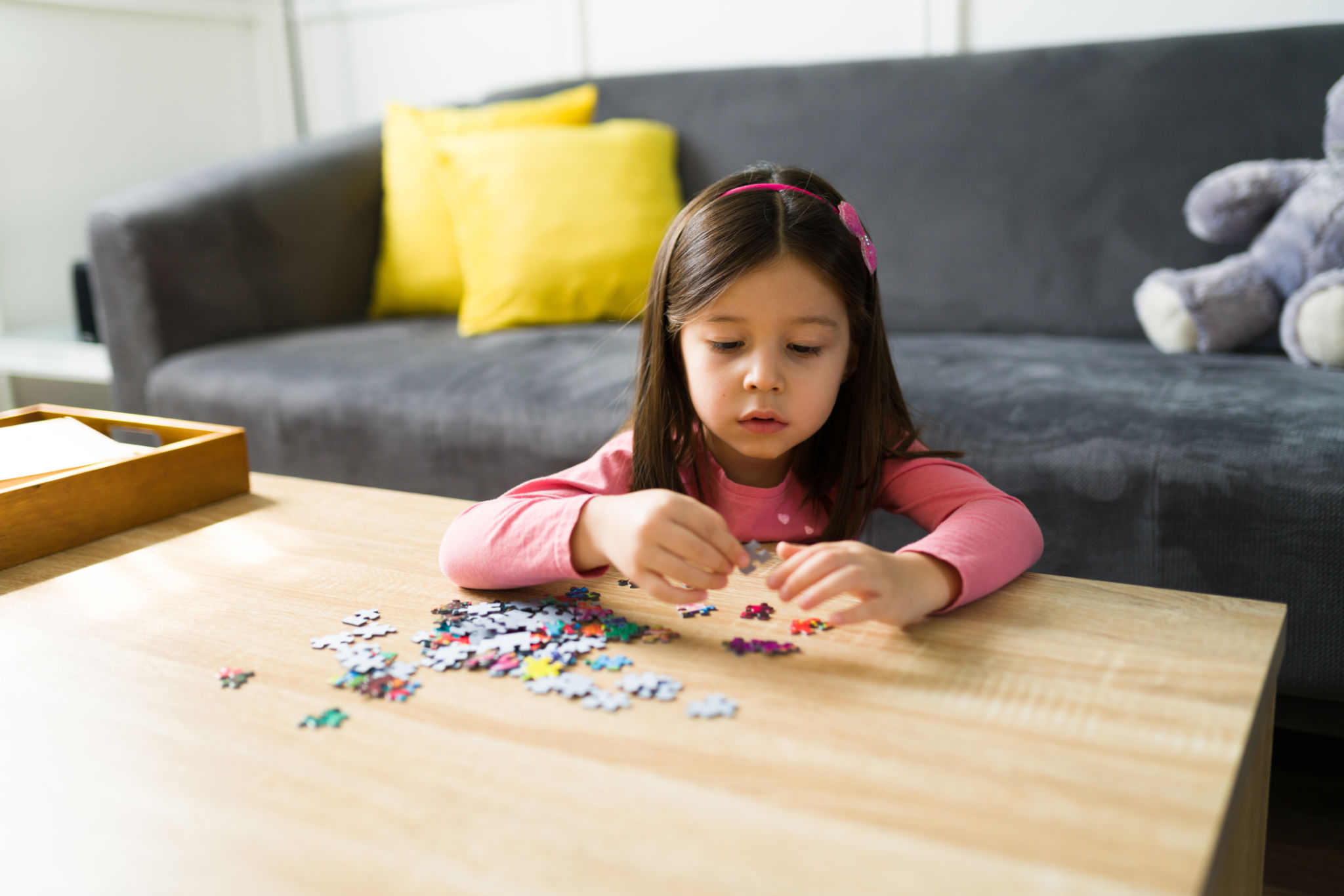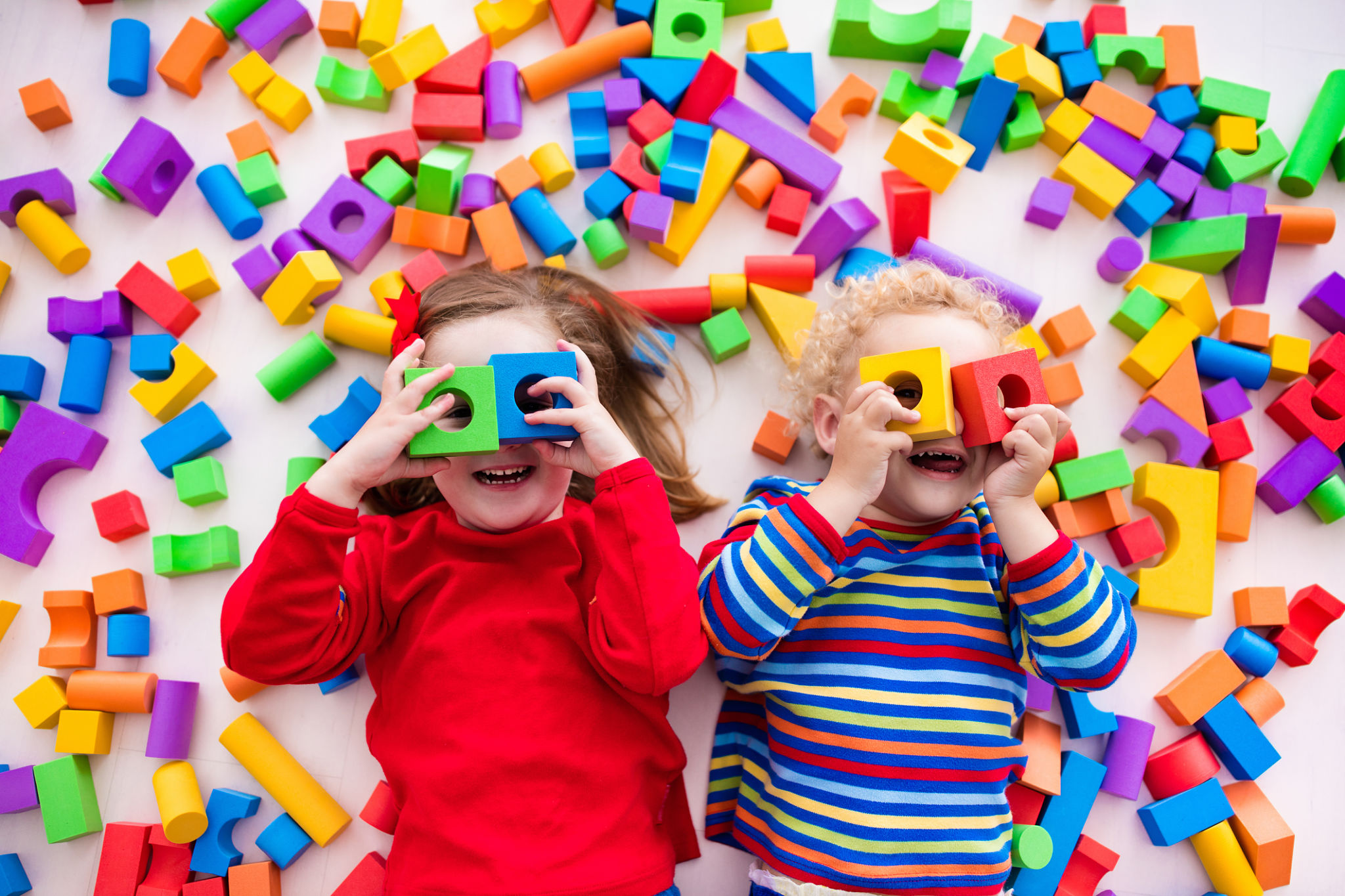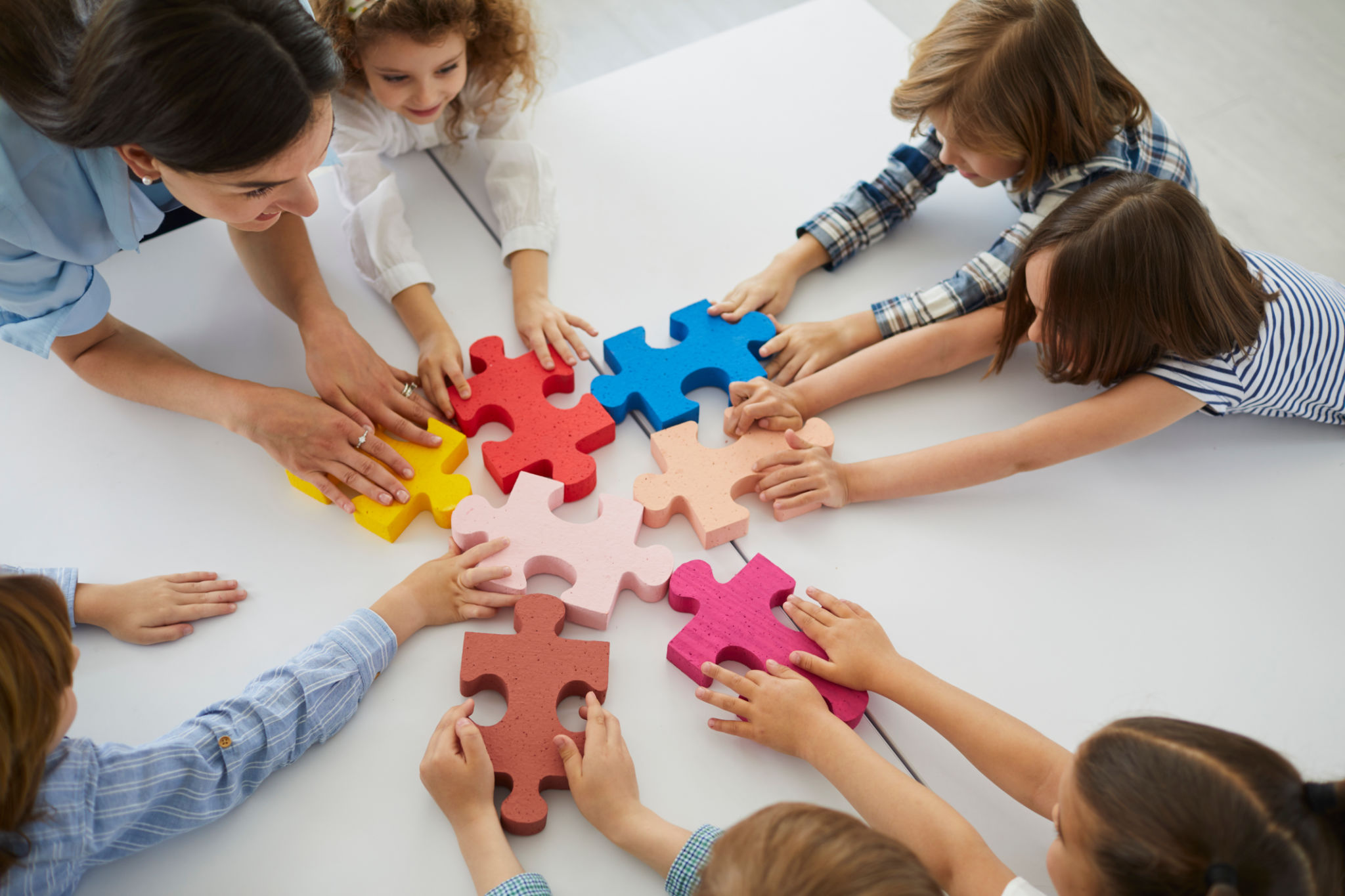How to Choose the Perfect Puzzle for Your Child's Age and Development Stage
Understanding the Benefits of Puzzles for Children
Puzzles are not only a fun activity but also an excellent tool for child development. They help enhance problem-solving skills, improve hand-eye coordination, and boost cognitive abilities. Selecting the right puzzle for your child's age and developmental stage can significantly impact these benefits.
Choosing the appropriate puzzle involves considering your child's interests and developmental needs. An age-appropriate puzzle can encourage learning and keep your child engaged, while a mismatched one might lead to frustration or boredom.

Age-Appropriate Puzzle Selection
For Toddlers (Ages 1-3)
Toddlers are just starting to explore their surroundings, so puzzles with large pieces and simple designs are ideal. Look for puzzles with bright colors and familiar shapes or animals. These help in developing their fine motor skills and shape recognition.
- Chunky, wooden puzzles
- Simple shape sorters
- Sound puzzles with big knobs
For Preschoolers (Ages 4-5)
Preschoolers are ready for more complex challenges. Opt for puzzles with more pieces and varied shapes. Consider puzzles that depict numbers, letters, or simple stories to integrate educational elements into playtime.

- Alphabet and number puzzles
- Interlocking jigsaw puzzles with 12-24 pieces
- Themed puzzles like animals or vehicles
Choosing Puzzles Based on Developmental Stages
Cognitive Development
As children grow, they develop better problem-solving abilities. Puzzles with intricate designs and more pieces can help challenge their thinking and enhance their cognitive skills. Encourage them to complete the puzzle without assistance to foster independence.
Social and Emotional Development
Puzzles can also be a great way for children to learn patience and perseverance. Working on a puzzle together can teach them about teamwork and communication. Encourage group puzzle activities during playdates to build cooperation skills.

Tips for Engaging Your Child with Puzzles
To keep your child interested in puzzles, ensure the theme aligns with their current interests, whether it’s dinosaurs, princesses, or space exploration. Regularly rotate puzzles to sustain their curiosity and challenge them at new levels.
- Choose themes based on current interests.
- Gradually increase puzzle complexity as skills improve.
- Encourage independent play but be available for assistance.
By carefully selecting puzzles that match your child’s age and developmental stage, you can greatly enhance their learning experience while providing hours of engaging entertainment.
